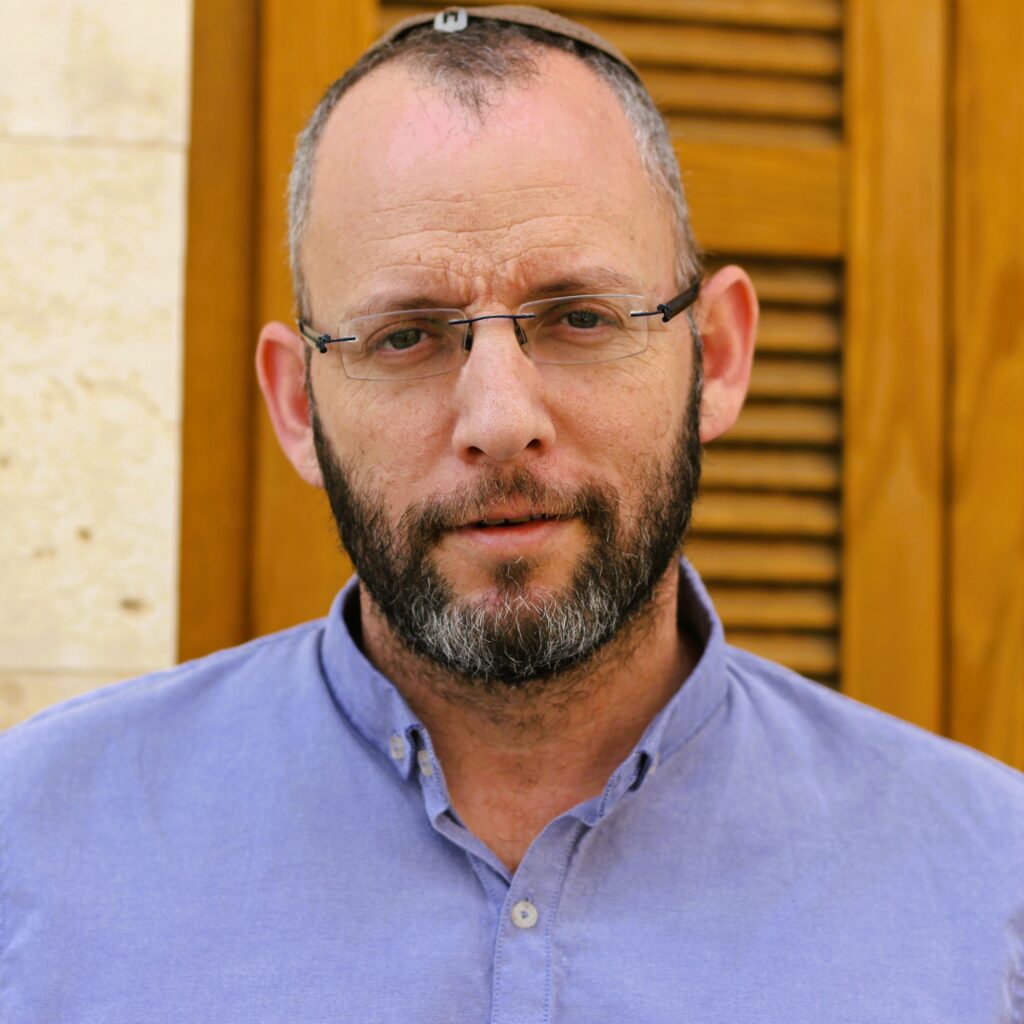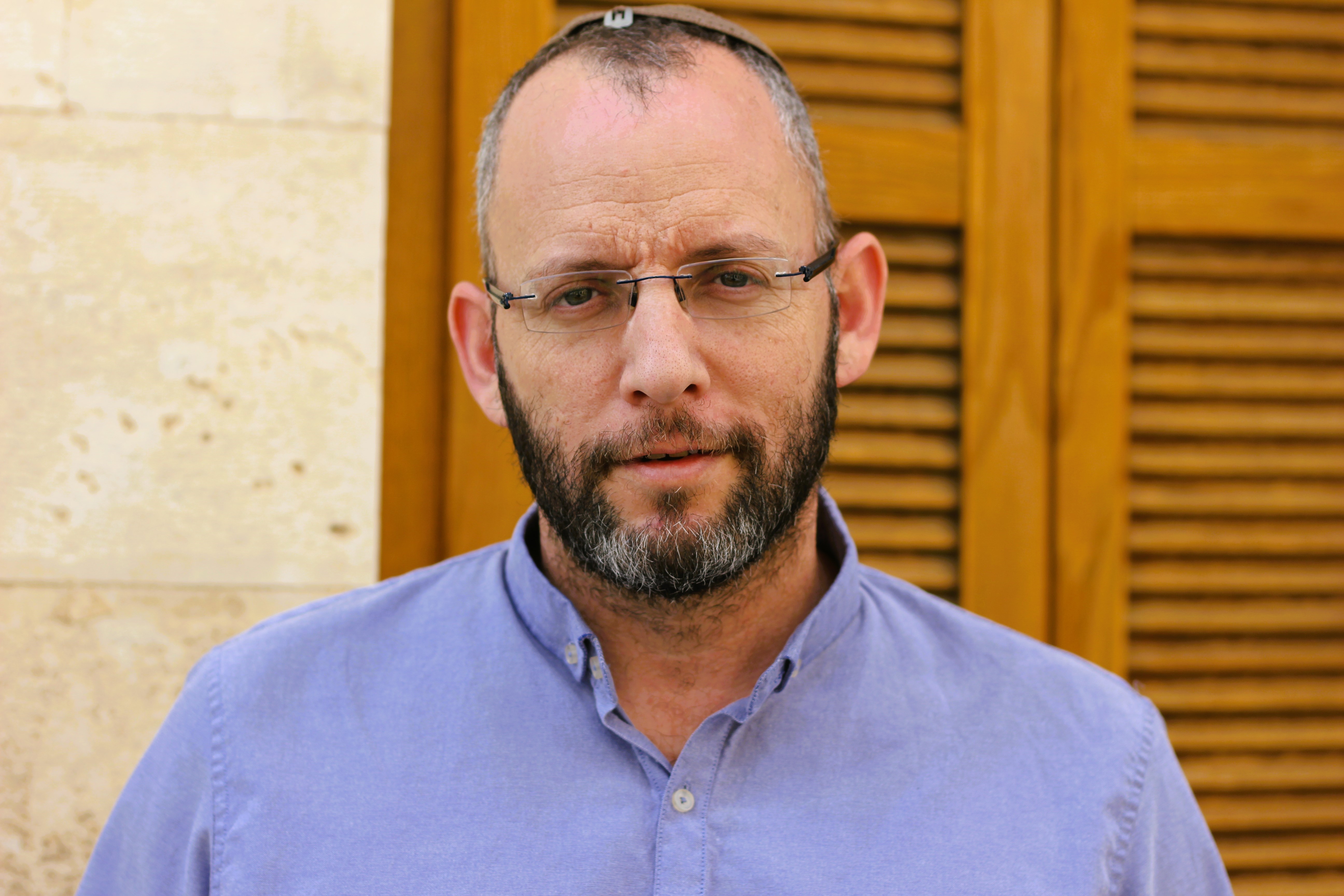Dr. Dror Bondi
His thought illuminates my way and gives me hope that at the end of the tunnel, there is light.

Schechter Institutes
Jerusalem, Israel
A Jewish Perspective
How did you first encounter Abraham Joshua Heschel’s work?
On 2002, after a few years of studying in Hesder yeshivot, I joined the family business and became a bored insurance agent. After about a year, I decided to devote one day a week to master’s studies at Bar Ilan, and there I heard a course by Prof. Ephraim Meir on Heschel and Buber. I wrote a seminar paper to compare them, and then I asked Prof. Meir to write a master’s thesis, which would include a comparison between what I wrote about Buber and Rabbi Soloveitchik. Prof. Meir claimed that I should write about Heschel. I started writing and suddenly my eyes were opened. I met Heschel and he changed my life.
How did Heschel and his thinking inspire your work, religious life, or civic engagement?
Before meeting Heschel, I felt that I had a pretty good understanding of the knowledge map of Judaism, but he made me realize that I was looking at it from the wrong perspective. For me, it was a map of mere ethnic and halachic knowledge; Heschel taught me to look at it from God's point of view.
I was born in a hard core settlement in the Jewish-democratic state, and since my youth I felt that there was a tension between the Jewish and the democratic. The murder of PM Rabin shocked me. Because of the world in which I grew up, I was not surprised by the murder, but I was surprised that Israeli society was surprised. I suddenly realized that my Jewishness and my Israeliness cannot live together. When I met Heschel, I understood that there is another Judaism and that mere ethnic and halakhic Judaism could be idolatrous. The most significant lines in his thought for me are:
“What is an idol? Any god who is mine but not yours, any god concerned with me but not with you, is an idol. Faith in God is not simply an afterlife-insurance policy. Racial or religious bigotry must be recognized for what it is: blasphemy . . . God is every man’s pedigree. He is either the Father of all men or of no man. The image of God is either in every man or in no man.”
—”Religious and Race,” The Insecurity of Freedom
Heschel taught me a new (or maybe ancient) interpretation of the word “God,” every time it appears in the sources—and suddenly the whole of Judaism was illuminated in a new light. God is not an absolute other who gives absolute validity to one's ethnicity and religion; He is someone who cares about all human beings and who invites us all into an interpersonal relationship with him. He is a kind of utopian parent, whose light calls all people to live in brotherhood, sisterhood, or solidarity.
What of Heschel lives in you?
I don’t know what to say. I simply feel the great privilege to be his chasid. He is my rebbe, and I try to follow his path, which is very demanding, I must say. Too many times I don’t succeed, but his thought illuminates my way and gives me hope that at the end of the tunnel, there is light.

